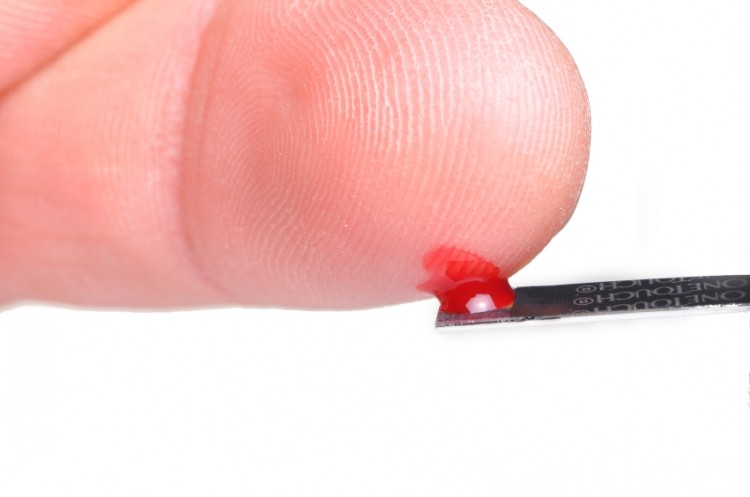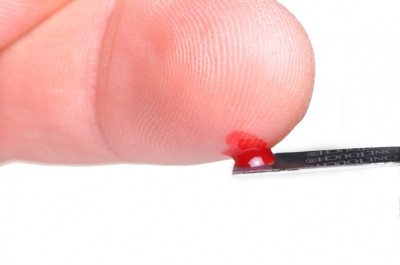Food industry must do more to support UAE health reforms - dietitian

The UAE cabinet announced a wide range of reforms to improve public health last month. The plans included proposals to ban “super-sized” soft drinks, restrict advertising of unhealthy food, and require food packaging to carry more comprehensive nutritional information.
Obesity and diabetes are increasingly serious problems in the UAE, particularly among children. A recent study revealed one-third of children aged between six and 19 are overweight or obese. The country is ranked 15th in the world for prevalence of diabetes, with 19% of adults aged between 20 and 79 suffering from the condition.
“There's been a huge rise in type-II diabetes in this region, not just in adults but across all age groups – more and more children are getting type-II diabetes,” said Lena Nasih, registered dietitian at Mediclinic City Hospital, Dubai.
Broader initiatives required
“The ban on super-sized sugary drinks would be a good start, to get down sugar and calories. And with nutrition labelling, hopefully consumers can make healthier choices,” she added. “But I think it takes a wider, broader range of initiatives to help fight the rapid rise of diabetes and obesity in the UAE.”
Nasih said there were several key areas where more can be done, including a greater focus from regional food producers on making healthier products, a focus on making people more active, and improving the public's understanding of nutritional issues and general health education.
She also said the regional food industry has not been clear with its food labelling: “When you're in the supermarket, you do see some products, some local products on sale – certain cereals, certain cookies, and so on – that claim to be trans-fat free, or sometimes with nutrition labelling, sometimes not. But I don't know how much I can trust that information. So I don't think the food industry has helped that much – not in the UAE, anyway.”
Even with better labelling, Nasih is sceptical many people would be able to use it to improve their choices: “Yes, you have nutrition labels, but from my practice I've found people don't really know how to use the information listed on the labels – it's hard for them to understand. So they will read the label, but that doesn't mean they'll understand it, or do anything with it. Having food labelling is great, but if it's hard for consumers to understand, it probably won't make much of a difference.”
Focus on healthy snacks
She suggested regional food producers should look at making healthier products, rather than force consumers to buy more expensive imported goods looking for more health-conscious food. Some sectors, such as dairy, with the introduction of probiotics and similar innovations, are starting to show awareness of this, she said, but other sectors are lagging.
“In supermarkets you see a lot of locally-made crisps and snacks, but you don't see healthy crisps among the local brands. They should look into using healthy fats, baked rather than fried, that are locally made, not imported and therefore more expensive. Not everyone can afford imported, healthier products,” said Nasih.
Finally, messages about healthy eating need to be brought in to schools, she said: “You want to integrate messages about healthy eating, physical activity, body image, into children's schools – maybe make it part of their curriculum, and get parents involved. They also need to monitor and improve the nutrition quality of the food made available to the students – I know some schools are doing it, but I don't know how many.”














